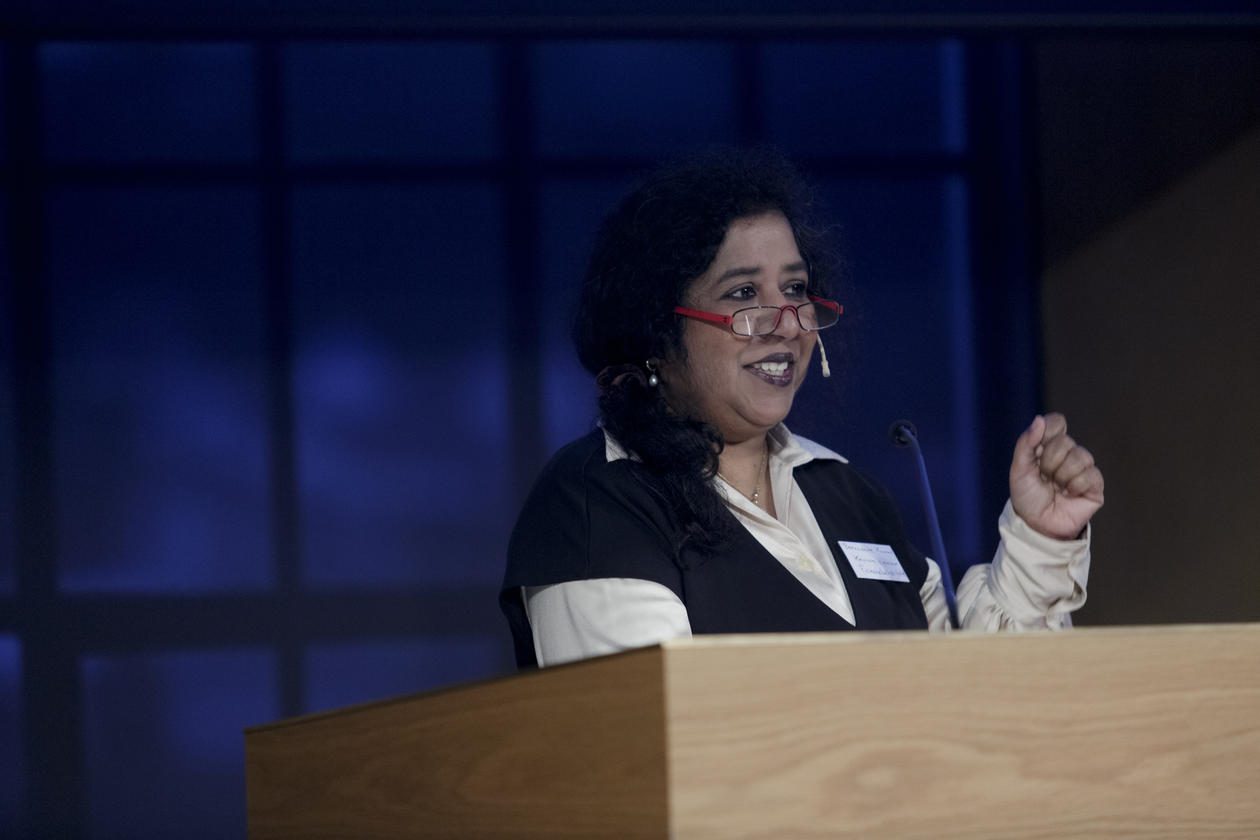Migration: Our reality and our future
The 2018 UCL Lancet Commission calls migration the defining issue of our times, essential to growing economies and an integral part of the social and cultural fabric of our societies.

Hovedinnhold
It is imperative to understand why this is the case, the origins of migration health, and where we are headed.
Despite the positive impacts of migration globally, with international labour workers contributing to economies worldwide, migrants often face challenges that threaten basic human rights, including the right to health. Despite global commitments to the Sustainable Development Goals (SDGs) universal health coverage (UHC), equity in health, and international agreements to improve the responses to migration, migrants are often excluded from the implementation of global health policy.
As migration health evolves, evidence gaps must be addressed to drive change in policy and practice. With rising populism and xenophobic rhetoric in many countries, societies must be engaged effectively to counter misinformed narratives, harmful migration policies should be discouraged and provision of universal access to health care needs to be ensured. Global academic institutions, civil society, UN agencies, and governments must collaborate to implement principles of intersectionality in research, and to hold stakeholders accountable by investigating and countering myths about migration on and for health.
Many of the gaps in research, policy and practice remain unmet. Therefore radical action to transform evidence at local, regional, and global levels and to contribute to improving health and preventing morbidity and mortality for all migrants, nationals, and those who are left behind.
Bernadette Nirmal Kumar is Professor at the Empower School of Health, India and at Kathmandu University. Kumar is a medical graduate from India with a doctorate in Epidemiology and Public Health and post-doctoral research fellowship from the University of Oslo, Norway.
Kumar is a commissioner of the Lancet Commission on Migration and Health since 2018, and is the President of the Migration and Ethnic Minority Health Section of the European Public Health Association.
She was Director of the Norwegian Centre for Migration and Minority Health and Associate Professor of Global Health at the University of Oslo. She has worked extensively for the UN in Africa and Asia. Migration and health has been the focus of her research since 1999.
Kumar is the author of two text books: Immigrant Health (Fagbokforlaget 2009), and Migrant Health (Taylor and Francis 2019).
